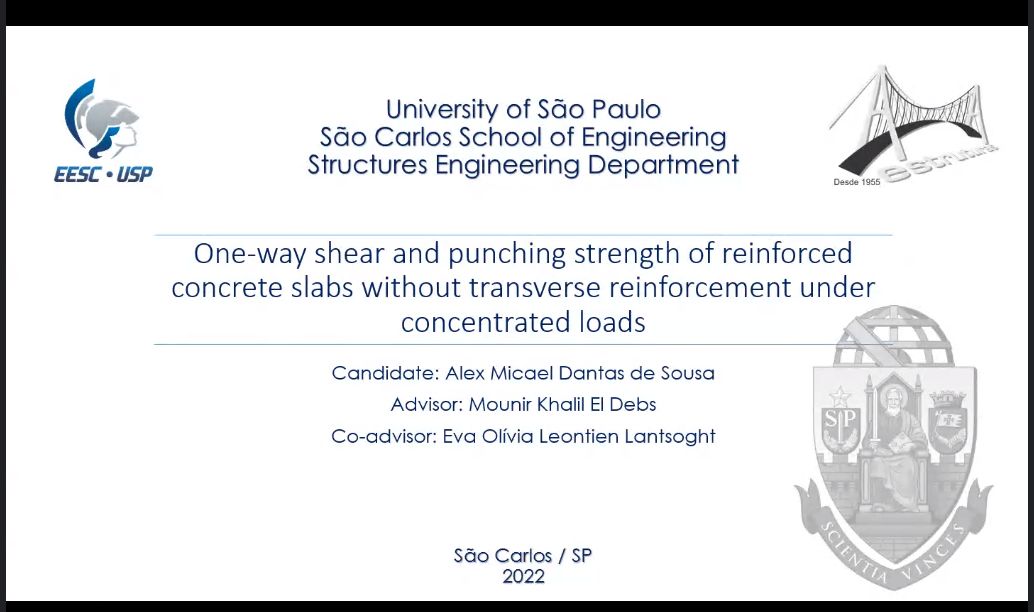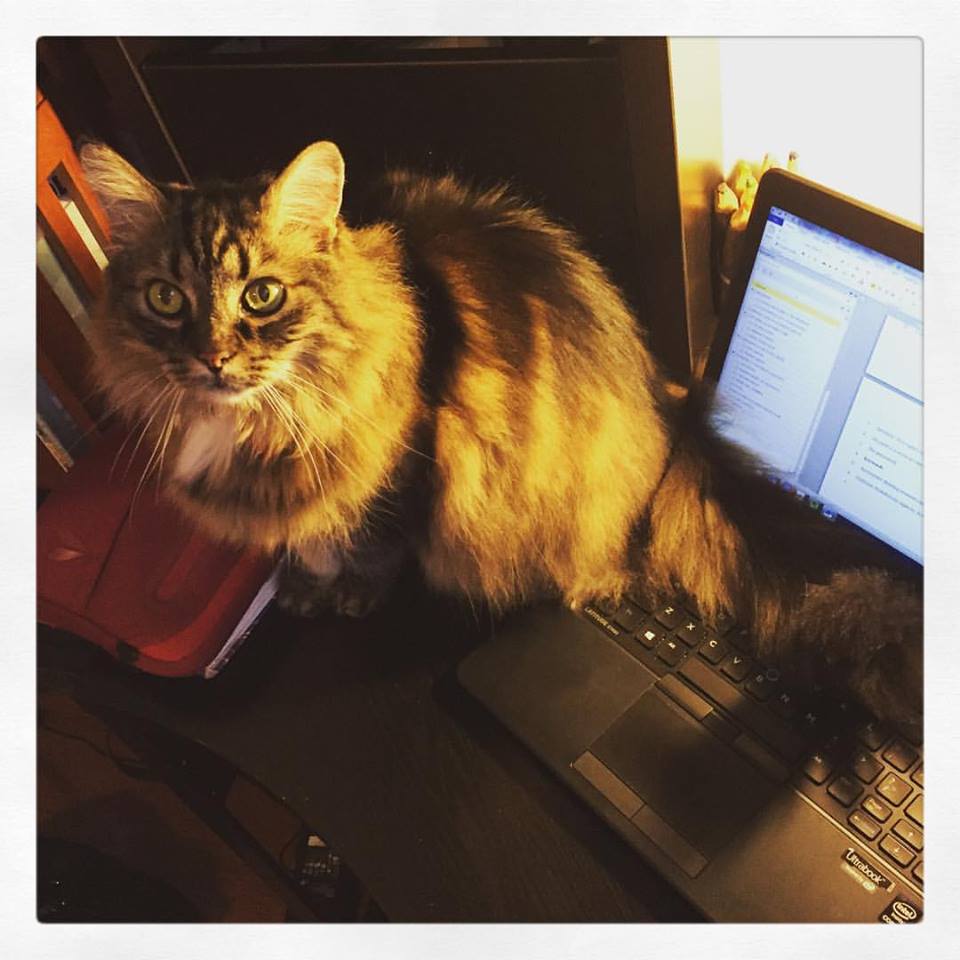
Defenses around the world: dealing with resubmission after the UK viva
Today, I have the pleasure of inviting Dr. Ben Purvis to share his defense experience with us. Dr. Ben Purvis is currently a research associate at the School of Architecture at the University of Sheffield, UK. His research interests encompass futures modelling for climate change mitigation, urban sustainability, and interdisciplinary practice within the academy.
My PhD journey wasn’t smooth, my initial direction of the PhD was derailed due to a null result leading me to go in a divergent direction from my original plan. When it came to writing up, it felt like I had multiple strands which didn’t really fit nicely together. As my deadline was fast approaching I ended up presenting my narrative in a way that I wasn’t entirely happy with.
In the UK, the examination process consists of a closed door ‘viva voce’ with both an internal and external examiner. Whilst regulations around the outcomes of this vary between institutions, my university allowed for no corrections, minor corrections (1-3 months), resubmission of the thesis for re-examination within 12 months, or no degree awarded.
Despite my pre-viva anxieties I reassured myself, expecting minor corrections which seemed to me to be the default outcome. Whatever my examiners thought of my thesis I knew that they wouldn’t want me to fail. Everyone was telling me that at this point the viva was only a formality, I had already proven through my publications that I was a competent academic, the viva was a chance to talk about my work and reassure my examiners that I had undertaken it myself.
After leaving the examination room whilst the examiners conferred on my result I felt positive. Certainly there would be corrections, but my feeling was that they would be minor, we had had an amicable discussion which I had enjoyed and nothing too contentious had come up. I remember telling my friend that it felt like a face to face peer review with my examiners discussing ways in which I could improve my work.
As I re-entered the room to hear my outcome both examiners gave me reassuring smiles. “Thank you for an enjoyable discussion. We have convened and come to the conclusion that we would like to see you put in some more work to improve the thesis, we are recommending a period of 12 months for you to do so and thus a resubmission for a second examination. We also feel you didn’t take sufficient ownership of your work and sell its strengths so we would like a second oral examination”.
I was shell-shocked. The faces of the examiners didn’t seem to align with what they had just said. “We want to emphasise that this is a good result”. They related their decision making process to me, feeling the three month window for minor corrections might be tight particularly if I wasn’t spending my full time on it, they had elected for the ‘more generous’ 12 month window instead. The next few hours went by with me in dumb disbelief. Both examiners related positive stories of successful researchers they knew of who had received a similar result, this would be a great opportunity to really refine my work.
Needless to say this result led me through a series of emotional responses that I don’t have space to elaborate on here. The hardest part was having to inform expectant friends, colleagues, and family members that whilst I hadn’t failed, I hadn’t passed either.
As the dust settled though I actually became enthusiastic for the somewhat daunting task ahead of me (helped by the fact that I had been unemployed without purpose for the preceeding few months). I was able to revisit and revise the narrative I had been unhappy with, and ended up reading a whole lot of literature about the PhD process in order to justify my direction. After 6 months (2 months full-time and 4 part-time) I was finally able to submit a thesis I was happy with, something which I wasn’t able to do the first time around. I passed my second viva with a handful of very minor corrections, and graduated virtually in December.
Despite something of a traumatic outcome, I felt the opportunity to submit a revised thesis definitely improved my skills as a critical researcher. ‘Failure’ is unfortunately an integral part of academic life, whether an unsuccessful funding application, or a rejected paper. It is through these experiences that we are able to grow and improve our practices, however cliche that may be.



